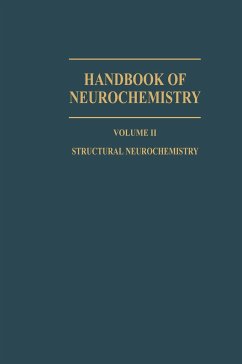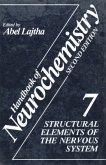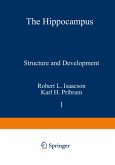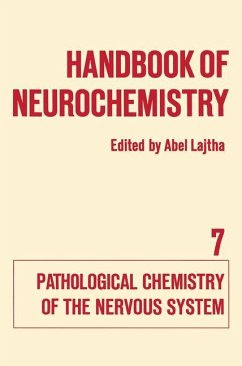That chemicals (although not always called by this name) affect the brain and its functions, such as behavior, has been known for thousands of years. It is therefore surprising that the concept that chemical mechanisms are at least partially responsible for the complex functions of the brain is so recent. Investigation of the closely interlinked biophysical and biochemical proper ties of the nervous system has achieved many notable successes in recent years and is the most exciting development in 20th-century science. Although all the morphology, the activity, and the alteration of the brain, whether bioelectric, biochemical, pathological, or structural, constitute an organic and indivisible whole, the ambition of the Handbook is to look at only a few aspects of this whole and to focus the discussions on the experi ments that the neurochemists have performed. Neurochemical study of the nervous system has, perhaps of necessity, gone through several phases: the first phase was moreanalytical and in volved study of the composition of the tissue; the second, more recent phase clarified many of the metabolic sequences that occur in this tissue. Clearly, both were essential, but they showed that additional approaches are neces sary. The present phase seems to be the study of control processes; present interest focuses on what determines, in a qualitative and quantitative fashion, the processes occurring in the nervous system. Perhaps the next phase will be the study of function, the study of the final stage of integration.
Hinweis: Dieser Artikel kann nur an eine deutsche Lieferadresse ausgeliefert werden.
Hinweis: Dieser Artikel kann nur an eine deutsche Lieferadresse ausgeliefert werden.








